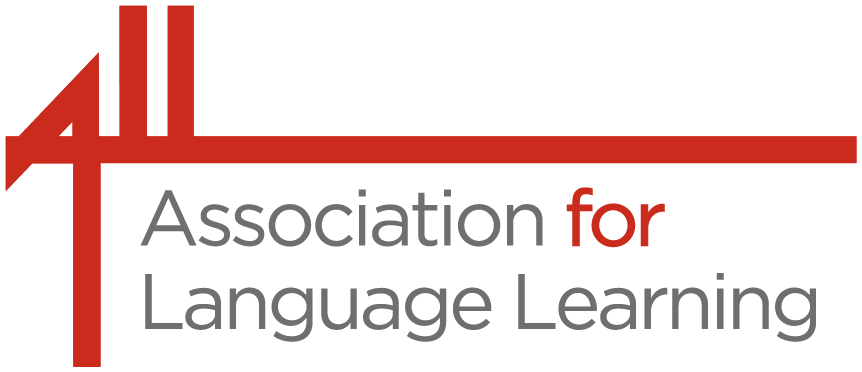Theme: DfE / OFQUAL announcement on GCSE Content for French, German and Spanish from 2024
Background: The DfE and OFQUAL consulted on content for GCSE in these languages in 2020 (Briefing 29). There is an archive of responses, consultation events and think pieces at https://www.all-languages.org.uk/secondary-old/features-secondary-2/
The outcome was announced on 14 January 2022.: https://www.gov.uk/government/publications/gcse-french-german-and-spanish-subjectcontent
Key messages: These requirements apply to specifications for French, German and Spanish GCSE only. Main changes include:
- Subject content described in terms of knowing vocabulary, grammar and principles by which spelling represents sound
- Defined vocabulary lists: 85% to be from top 2000 HIgh Frequency words
- No prescribed themes
- Specified grammatical elements included in vocabulary lists
- All vocabulary and grammar to be known receptively and productively
- Assessment requirements include dictation and reading aloud a text
- Comprehension questions in English
The Contents page of the document gives an overview of the detailed nature of the publication :
- Introduction
- Subject aims
- Subject content
- Composition of vocabulary content
- Grammar content
- Annexes for the grammar and sound-symbol correspondences (foundation and higher tier) for all three languages
- Annex for families of regular inflected words for each language
- Annex for required and optional vocabulary which the grammar annexes require for each of the languages.
Some quotations (our emboldened text) :
‘Linguistic content for GCSE in French, German and Spanish will focus largely but not exclusively on the most commonly occurring vocabulary of each language. Vocabulary and grammatical requirements for each tier will be clearly defined in the specification’.
‘Students will be expected to know and use the linguistic content specified receptively and productively, in the oral and written modalities, with an approximately equal emphasis on each.’
‘GCSE specifications … should enable students to:
a. Learn and use the range of vocabulary required for the level at which they are studying…
b. Learn and use the grammar specified to understand and produce meaning in written and oral modalities…
c. Learn and apply the principles by which spelling represents sounds in standard or widely used forms of the language, and use clear and comprehensible pronunciation when speaking the language.’
‘GCSE specifications in French, German and Spanish must require students to:
a. understand written texts in the language. Texts will predominantly focus on the defined vocabulary and grammar for each tier and will be of limited complexity at foundation tier.
b. understand spoken extracts comprising the defined vocabulary and grammar for each tier which are delivered at a pace which is no faster than a moderate pace, where each word is clearly discernible (as appropriate to pronunciation norms for each language), and which do not contain extraneous distractions or interruptions;
c. Undertake dictation of short, spoken extracts (including some vocabulary from outside the vocabulary list) with credit for accurate spelling.
d. write text in the language in a lexically and grammatically accurate way in response to simple and familiar stimuli.
e. translate in writing short sentences or texts, from the language to English and vice versa, using a range of the vocabulary and grammar specified for each tier. In this context, translation means an appropriate and sufficient rendering of the meaning of the original language.
f. infer, by using knowledge of the vocabulary and grammar specified for each tier, plausible meanings of single words from outside the Vocabulary List when they are embedded in the context of written sentences.
g. speak using clear and comprehensible language to:
i. read aloud a short written text and undertake a short unprepared conversation relating to the text;
ii. undertake role play(s), including asking and answering questions, simulating a context such as a social conversation, where instructions about what to say are unambiguous;
iii. talk about one or more visual stimulus/stimuli, such as (connected) photographs or pictures, and extend this conversation into a short unprepared interaction.’
Read more on this Teacher Briefing 31: DfE / OFQUAL announcement on GCSE Content for French, German and Spanish from 2024 here.
